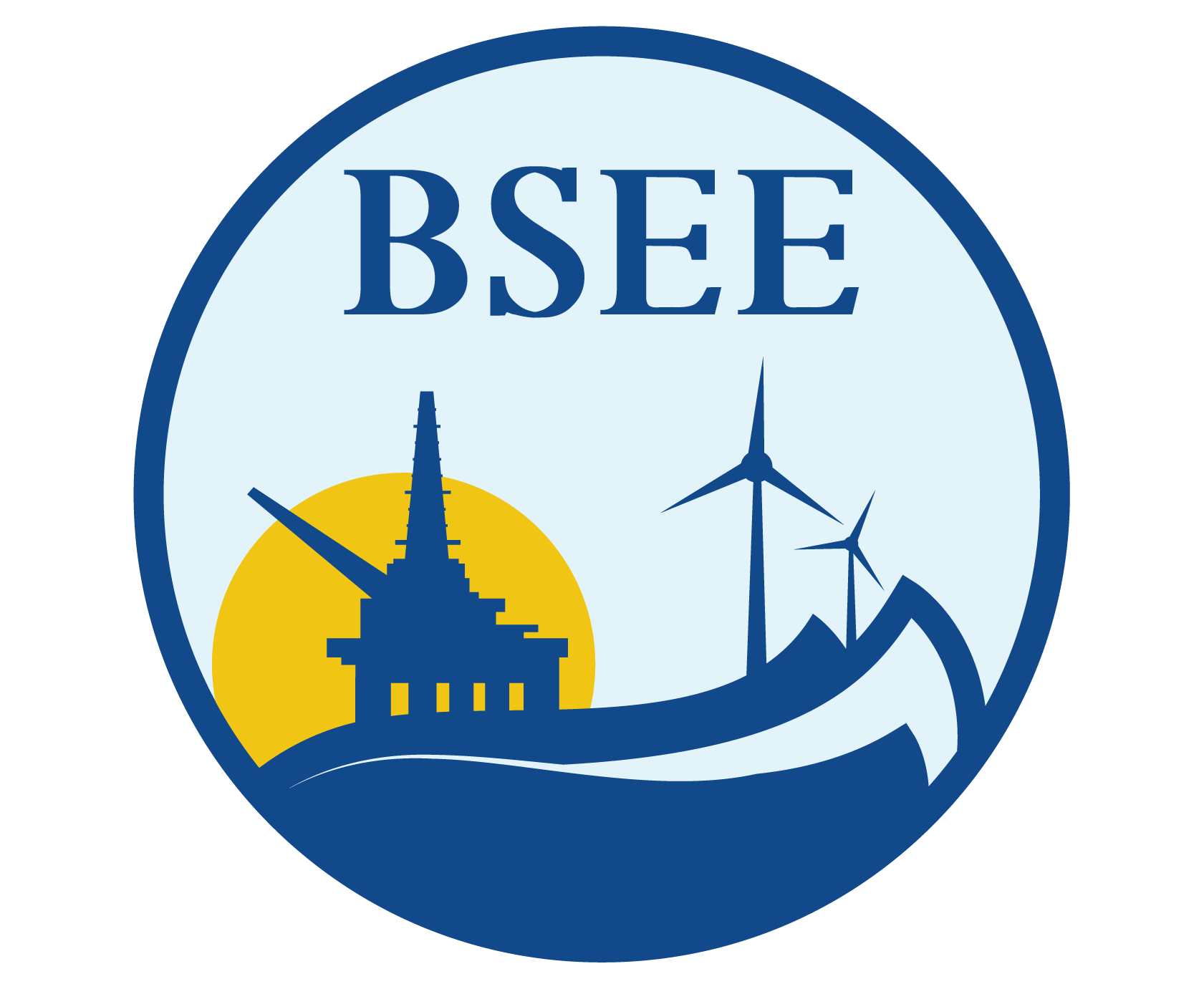State-of-the-Art Modeling Interactions Between Spilled Oil and Shoreline Oil Holding Capacity
Abstract: Advancing Understanding of Oil-Sediment Interactions for Enhanced Oil Spill Response Modeling: A Continuation Study
This multiphase project will improve the understanding of shoreline oil holding capacity and the modeling capabilities of shoreline oil holding capacity. A comprehensive update has not been conducted since the completion of the previous Marine Minerals Service (MMS, BSEE precursor) project in 2007 that reviewed the transformations oil undergoes upon stranding and the multitude of factors influencing its behavior, including physical and chemical properties, weathering processes, and shoreline characteristics. Building upon the prior research effort, the project will inform oil spill modelers and responsers by providing insights into the hydrodynamics and fate of oil in nearshore areas. This will be accomplished by identifying advances in the understanding of oil spill interactions with various shoreline types and oil retention, fate, and holding capacity on sediment beaches by synthesizing data from various sources and updating holding capacity algorithms. Then, an analysis of Shoreline Cleanup and Assessment Technique (SCAT) data and existing shoreline oiling models will be conducted to quantify penetration of oil into sediments and determine if any additional factors should be included in new shoreline holding capacity models. Finally, models will be updated and the information gathered through the project will be synthesized in a final report. The results will assist in accurately estimating the rates of spilled oil entrained on the shorelines, especially on sediment beaches, as well as oil fate, retention and holding capacity.
The 14-month project, with a budget of $121,774.20, will deliver a comprehensive report reflecting the current state of science and informing future research and response strategies. By synthesizing data on oil detection, fate and transport, sequestration, and weathering, the project aims to inform oil spill trajectory and risk modeling, enhancing decision-making processes for responders and policymakers. Additionally, the results from this study provide will insights into the degrees of penetration into substrates that can be used by oil spill response personnel. This will aid BSEE and BOEM in regulatory and response capabilities such as spill modeling and planning and the evaluation and exploration and development plans and in the preparation of NEPA documents.
Project initiated on 4-01-2024.
Estimated completion date: 6/30/2025.
